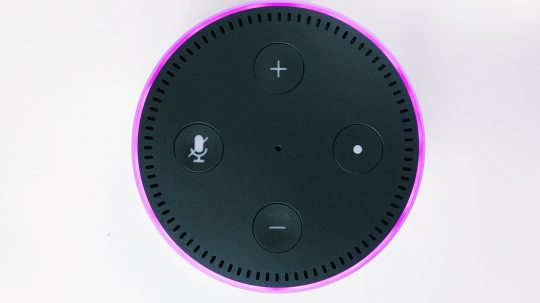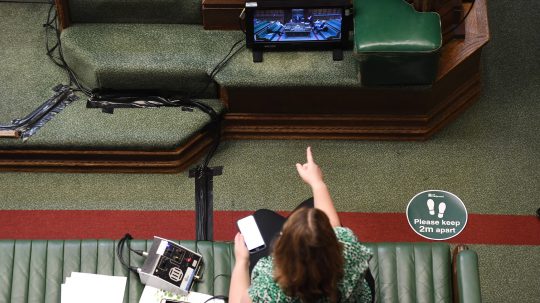
Nik Williams: These are incredibly powerful technologies and they can be very dangerous if they're in the hands of either a private institution or a public body. It's very hard for us to know who has access to our data. The digital world is affecting our right to privacy because our life is really displayed to the world through our data. People know our sexual orientation, our political beliefs, our routines, those connections that are formed through data.
They're incredibly powerful and they can be very dangerous. I think the Snowden revelations in 2013, where Edward Snowden blew the whistle on the UK, the US, Canada, Australia and New Zealand. What they were able to access through previously unknown surveillance powers. This included co-opting private organisations such as Yahoo, Microsoft, Google, to access our data without our knowledge. In the UK, Snowden revelations really was the impetus behind the Investigative Powers Act, or the Snoopers Charter. The Snoopers Charter modernised and expanded surveillance powers. For example, in the IP Act, there's something called equipment interference, which is basically governmental-ese for hacking. This can do anything from turning on someone's webcam without their knowledge and taking photos, accessing encrypted information, deleting files on that device, or destroying the device. The right to privacy is such an important aspect of our life. So article eight of the European Convention of Human Rights outlines our right to respect for private and family life, which includes a person's private and family life, their home and their correspondence. That has been seen to include what we do online. The right to privacy is a qualified right, it's not an absolute right. So it means that it can be interfered with, for example, things like national security, public safety, or the protection of health or morals. The right to privacy underpins a great deal about other fundamental rights. How are you able to express yourself freely? Choose what religion, if any, that you want to follow? If you choose to protest something or join an activist network, how can you do any of that without the right to privacy? Without that space that you can call your own?


